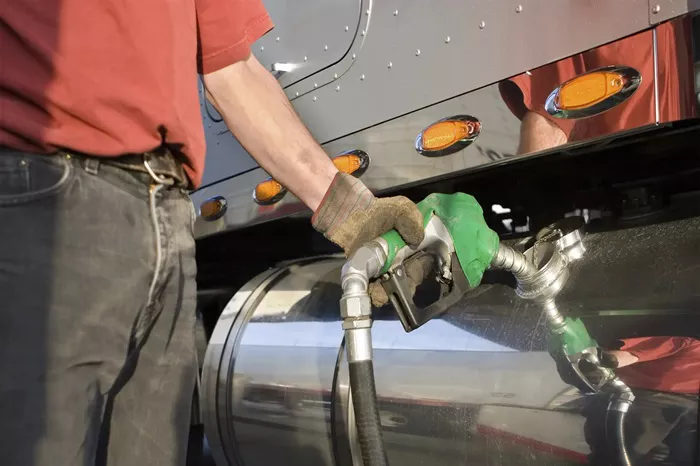Fuel prices in the UK have been a topic of significant concern for consumers and businesses alike, with fluctuations driven by a myriad of global and local factors. As of early 2024, the cost of unleaded petrol has seen an increase, with prices reaching over £1.45 per litre, marking a 3.4% rise from the previous month (PetrolPrices). Diesel prices have also climbed, averaging over £1.54 per litre (PetrolPrices). The big question on everyone’s mind is: when will fuel prices go down?
Global Factors Influencing Fuel Prices
Several global factors play a critical role in determining fuel prices in the UK. These include:
Crude Oil Prices: The price of Brent Crude Oil, which is a major benchmark, has been fluctuating due to various factors including supply cuts by OPEC+ and market speculations about future demand (PetrolPrices). As of early 2024, crude oil prices have been steady around $83 a barrel, but this is subject to change based on global economic conditions and geopolitical events.
Geopolitical Tensions: The ongoing conflict between Ukraine and Russia has had a profound impact on fuel prices globally. Despite the UK importing only a small percentage of its crude oil from Russia, the sanctions and disruptions in the global supply chain have caused prices to rise significantly (LBC).
Pandemic Aftermath: The COVID-19 pandemic led to a dramatic drop in demand for fuel, which temporarily decreased prices. However, as the world economy has recovered and demand has surged, fuel suppliers have struggled to keep up, leading to higher prices (LBC).
Domestic Factors Affecting Fuel Prices
Within the UK, several domestic factors also contribute to the current fuel prices:
Fuel Duty and VAT: The UK government has extended the 5p cut in fuel duty until March 2025 and has cancelled the planned inflation increase in fuel duty for 2024-2025. This means that while the fuel duty rates remain lower than previously planned, the high baseline prices due to other factors are still a burden on consumers (PetrolPrices).
Retailer Pricing Strategies: Supermarkets and fuel retailers play a significant role in the pricing dynamics. Tesco, for example, has recently become the cheapest supermarket brand for fuel, which might influence other retailers like Asda and Morrisons to lower their prices to stay competitive (PetrolPrices).
Future Projections
Predicting exactly when fuel prices will go down is challenging due to the complexity of the influencing factors. However, several trends and potential developments could provide some insights:
Stabilization of Crude Oil Prices: If crude oil prices stabilize or decrease, it could lead to a reduction in pump prices. This stabilization could be influenced by increased production from non-OPEC countries or a resolution of some geopolitical tensions.
Technological and Market Adjustments: As more electric vehicles enter the market and renewable energy sources become more prevalent, the demand for traditional fuels might decrease, potentially leading to lower prices. Additionally, innovations in fuel efficiency and alternative fuels could also reduce demand for petrol and diesel.
Government Policies and Economic Conditions: Future government policies aimed at reducing fuel costs, such as subsidies or further tax adjustments, could help lower prices. Economic conditions, such as changes in interest rates and inflation, will also play a crucial role in shaping future fuel prices.
Strategies for Consumers
While waiting for a potential decrease in fuel prices, consumers can adopt several strategies to mitigate the impact of high fuel costs:
Fuel Efficiency: Using fuel-efficient driving techniques, maintaining vehicles properly, and considering fuel-efficient cars can help reduce fuel consumption.
Shopping Around: Comparing prices at different fuel stations and taking advantage of loyalty programs or discounts can help save money.
Alternative Transportation: Where feasible, using public transportation, carpooling, cycling, or walking can reduce dependence on fuel.
Conclusion
While it is difficult to pinpoint an exact timeline for when fuel prices will go down in the UK, understanding the factors at play and adopting strategic measures can help consumers navigate this challenging landscape. Keeping an eye on global oil markets, geopolitical developments, and domestic policies will provide better insights into future fuel price trends.
Related topics:
What will a gallon of fuel cost in the UK in 2024?

